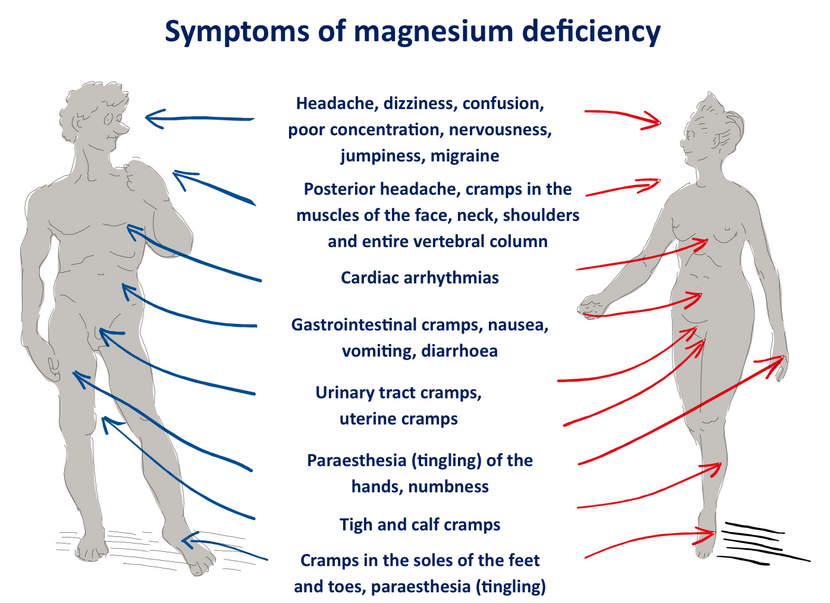Facial bump remedies available

Facial bump remedies available that eliminate face wrinkles naturally
Facial bump remedies available: Causes of swelling of the face
Your facial appearance communicates instantly with the world around you each day. When you wear a sad face it communicates too. And for you to have good communication with your face, it is important that all the facial bump remedies available should be engaged. That is why the function of the face is likened with those of an organization receptionist. Therefore, just like the reception is of an office is well taken care of in terms of flowering, cleanliness and even the personnel who sit in that office is not just handpicked from anywhere, but mostly very beautiful ladies win such positions. In the same way, your face also needs to be in perfect health and beauty. This is because it gives the first impression which is very important in communication. When it well-nourished the whole body feels comfortable. Facial bump is one of the obstacles that can make you unattractive. This is what we want to discuss in this article to get the full knowledge of what can be done to solve the problem of facial swelling.
I would start by advising that your face should be your most cherished asset of the body. Anything affecting it must be dealt with professionally as fast as possible. Doing this will need getting the right professionals for the job. All these concerns can be addressed professionally when you visit AWAREmed Health and Wellness Resource Center under the able leadership of doctor Akoury MD. With the expertise and experience at this facility, all your skin care concerns will be addressed professionally. Therefore for this to be done, you will need to schedule an appointment with doctor Akoury for the commencement of your treatment process. And as you consider that, it is important to note that facial bumps may beFace swelling caused by several things including; injuries, sinus inflammation, edema and allergic reactions.
Fundamentally, facial swelling involves the accumulation of fluid in the tissues, and this may extend to the neck, throat, upper chest and shoulder area. When you visit doctor Akoury’s office, she will upon evaluating your condition administer treatment of swelling which varies depending on the cause, certain natural remedies may be helpful for various types of swelling. And because some of these natural remedies and herbs may cause side effects, it is important that in every step you make when using these natural remedies you should consult a health practitioner before beginning treatment.
Facial bump remedies available: Bromelain
Bromelain is an enzyme which originates from pineapples and is extracted from their leaves. It has been reported that bromelain may contain some anti-inflammatory properties which may be essential in reducing facial swelling in the sinuses and nasal passages caused by sinusitis. The expert’s findings also indicate that results have been mixed regarding bromelain’s efficiency for this condition; nonetheless, it can be combined with the flavonoid quercetin to take advantage of quercetin’s antihistamine properties. In all this, it must be noted that bromelain can thrill the blood and therefore should not be used by people taking blood-thinning medicines.
Besides that, individuals using ACE inhibitors for hypertension may experience a drop in blood pressure from using bromelain. It is paramount that anyone considering using bromelain to reduce facial and sinus swelling should first consult a health practitioner and doctor Akoury will be waiting for your call anytime.
Facial bump remedies available: Causes of swelling of the face
http://www.integrativeaddictionconference.com/wp-admin











 Magnesium is found in a number of food products that can be found readily in the market. Foods high in magnesium include nuts, dark leafy greens, seeds, beans, fish, bananas, whole grains, dried fruit, avocados, yogurt and dark chocolate. This is however not the entire list of foods rich in magnesium. There are a lot of other products that contain magnesium in large amounts. These can be found at AwareMed. In fact, AwareMed is the best place where you can purchase magnesium.
Magnesium is found in a number of food products that can be found readily in the market. Foods high in magnesium include nuts, dark leafy greens, seeds, beans, fish, bananas, whole grains, dried fruit, avocados, yogurt and dark chocolate. This is however not the entire list of foods rich in magnesium. There are a lot of other products that contain magnesium in large amounts. These can be found at AwareMed. In fact, AwareMed is the best place where you can purchase magnesium. Genetically Modified Food (DNA)
Genetically Modified Food (DNA)




